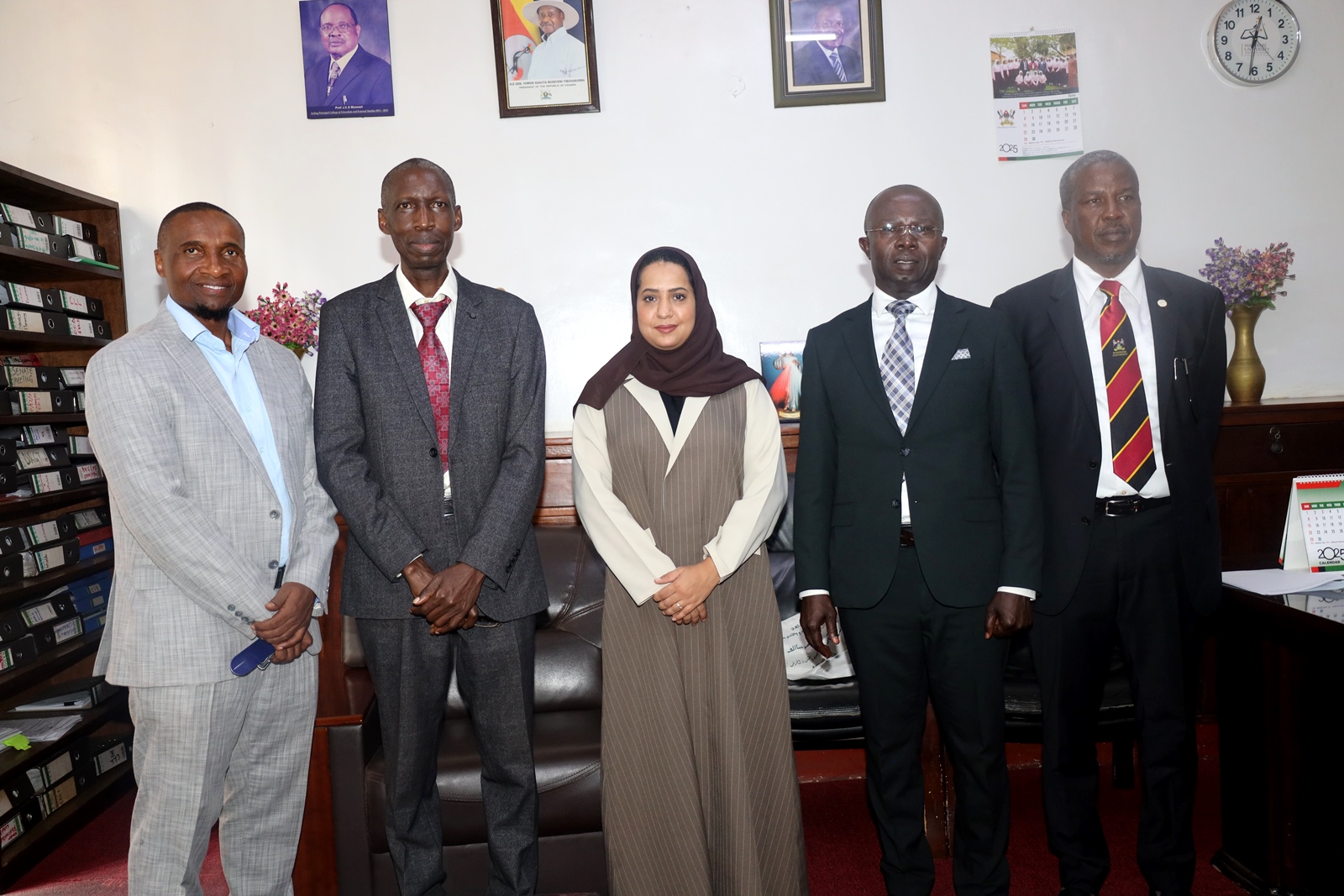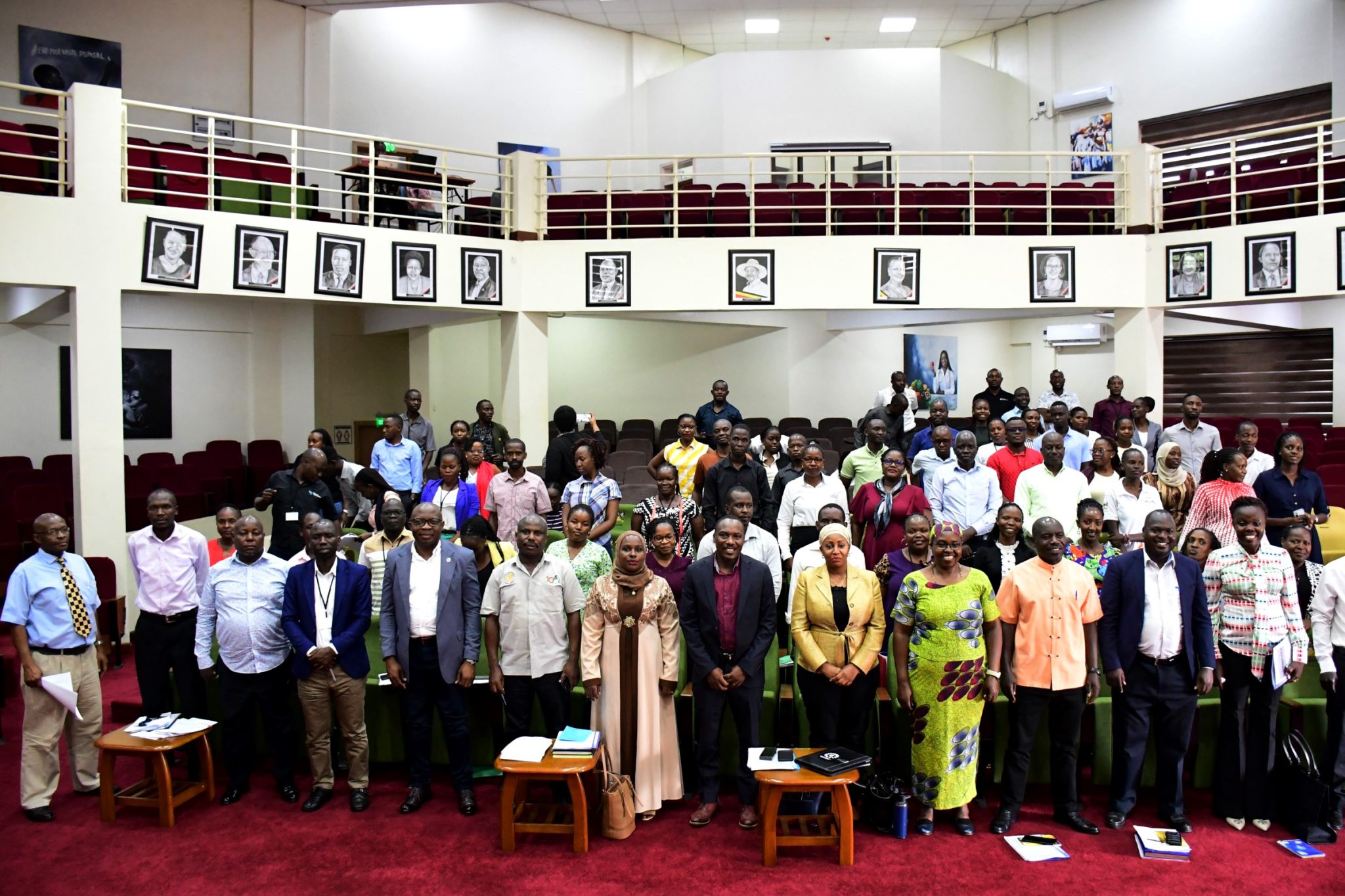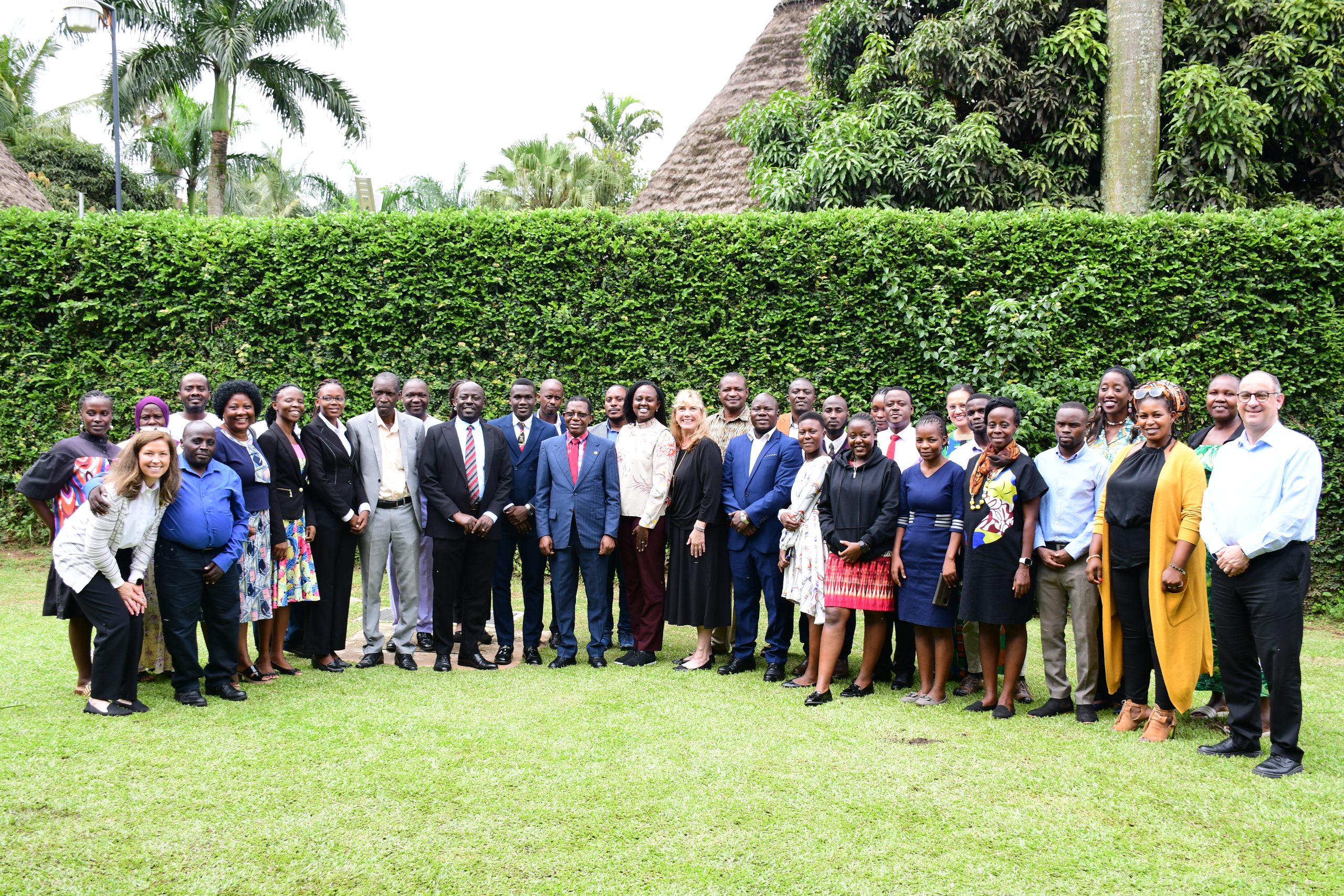The College of Education and External Studies is to start equipping Uganda Police Force (UPF) officers with soft skills. The training will be conducted by a team of researcher led by Dr. Badru Musisi and Dr. Joyce Bukirwa Rebecca. The project; Promoting Community Policing by Integrating Soft-skills in Uganda Police Training Programs, is funded by the Makerere University Research and Innovation Fund (RIF).
The project seeks to augment Community Policing by integrating Soft Skills in Uganda Police Force training programs.
While UPF is rated among the best forces in the region, the same cannot be said about its image. The discrepancy between the force’s performance and the way it is perceived by the public is due to the widening social-distance between UPF and the community it needs to collaborate with.
The Principal Investigator of the project, Dr. Badru Musisi, attributed this to the officers’ limited display of soft-skill policing.
“Yet, a professional blend of hard and soft skill policing is the cornerstone for effective Community Policing,” he emphasized.
Dr. Musisi was speaking during the launch of the project on November 30th at Nican Hotel in Lweza. The stakeholder engagement was attended by various commissioners of police, directors, prisons officers, military officers, private security firms, legal officers, religious leaders, civil society, boda boda and Taxi operators among others.
It is hoped that the blend of soft and hard skills will enable UPF to collaboratively work with communities to keep Uganda safe and secure.
The research team intends to design a transformative, scalable and context specific framework to guide the police in its training and conduct.
Speaking during the opening of the meeting, the Director of Training, AIGP Golooba Godfrey Kiwanuka, thanked Makerere University for partnering with the force to contribute to the professionalization of the Uganda Police Force, saying learning is a process that never ends.
He thanked the university for its continued support to the force especially through the various short trainings offered as well as the masters training the university officers to UPF.
The project hopes to achieve some milestones in getting the police officers to use intra & inter-personal attributes such as:
- Cope with stress and manage stressful situations
- Relate with people, think critically & creatively;
- Use emotional intelligence to solve problems;
- Demonstrate good judgement, keep an open mind;
- Control one’s impulse, display empathy/compassion
- Resolve conflict; de-escalate tense situations;
- Use effective verbal & non-verbal communication
Dr. Musisi said the project team intends to integrate Soft-skills in UPF training programs because owing to concerns for officer safety, police training curricula emphasize hard skills such as physical control tactics and weapons more than soft skills such as de-escalation skills and behavioral science.
He also noted that the power dynamics in police training schools in a way is a challenge to the Community Policing culture because in training schools, the tradition is that the powerless (police cadets), have to submit without question to the authority of the powerful (training staff). Failure to comply is punished by verbal abuse or physical punishment and yet the same cadets are expected to treat the powerless wanainchi in the community with dignity and respect.
“So, integrating empathy, compassion, impulse control etc., in police training programs can help to pacify the young Police officers,” Dr. Musisi emphasized.
PROJECT OBJECTIVES
- Determine the Soft Skills gaps in UPF training programs;
- Develop a catalog of the needed Soft Skills by benchmarking domestic and foreign police soft-skilling program
- Design a transformative, scalable and context-specific framework for embedding Soft Skills in UPF training programs;
- Train UPF trainers to integrate Soft Skills in police training programs using the framework designed.
PROJECT TEAM
- Dr. Badru Musisi (PI)
- Prof. F.M. Masagazi (CO-PI)
- Dr. Joyce Bukirwa
- Dr. Kasozi Ferdinand
- Dr. Allen Nalugwa
- Hajat. Nuliyati Nabiwande





